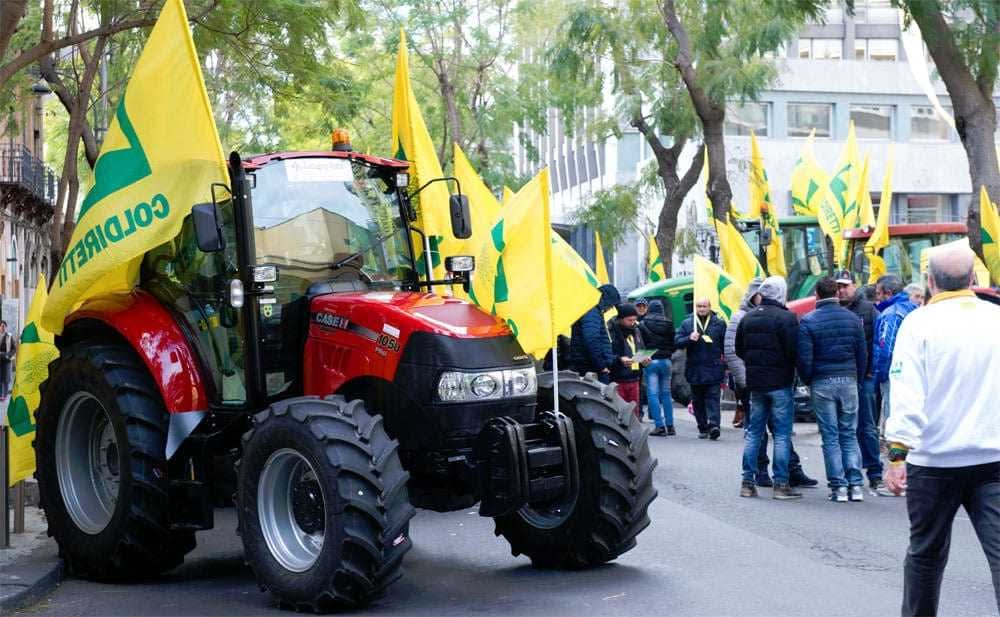The European Parliament in a plenary session in Strasbourg approved the final emergency aid package for Tunisia, which includes a regulation to allow the importation of 70,000 tons of olive oil over two years year to the European Union without additional duties.
The vote on the measures had been suspended in February, but was placed in the agenda of Thursday’s session, after the Coreper (Comité des représentants permanents) announced in a letter its approval of the amendments. The emergency quota was finally approved by 500 votes to 107, with 42 abstentions.
Following the Council’s agreement, the measure is mitigated by additional safeguards for EU producers which include:
- a mid-term assessment under which the measure is temporary and valid only for two years, until December 2017
- a “tracking clause” obligation to ensure that all olive oil under the quota is obtained entirely in, and transported directly from, Tunisia to guarantee the traceability
- the commitment to update the measures if will result to be harmful for EU producers
- the exclusion of the prolongation of the emergency measures beyond the initial two years
The reason behind the controversial decision is to support the North African country’s economy after the terrorist attacks of March 18 and June 26, 2015 hit the Tunisian economy hard.
“The adoption of these emergency measures is good news for Tunisia, which is facing very serious difficulties,” said the French rapporteur, Marielle de Sarnez (from ALDE the Group of the Alliance of Liberals and Democrats for Europe) after the vote.
“Increasing the zero-duty olive oil quota, without increasing total export volumes, will provide essential help for Tunisia, and is not likely to destabilize the European market. What is at stake here is the success of Tunisia’s transition to democracy, which is vital not only for Tunisia but also for Europeans.”
The olive oil sector indirectly employs more than a million Tunisians, accounting for one-fifth of jobs in the country’s agricultural industry and olive oil is Tunisia’s main agricultural export.

A rally organized by Coldiretti in Catania (Sicily)
The text needs the imprimatur of the EU Council to be formally approved, and will enter into force 20 days after its publication in the Official EU Journal, once the two co-legislators have signed it during the plenary session in April.
The decision has prompted concern, especially among Italian farmers. “After the increase by 481 percent of imports of olive oil from Tunisia to Italy in 2015 for over 99,000 tons, it is an error to allow the additional temporary access to the EU market of Tunisian olive oil duty free in 2016 and 2017,” said the president of Coldiretti Roberto Moncalvo during a rally that brought together thousands of farmers in Catania (Sicily).
The mobilization organized by the agricultural organization Coldiretti aims to raise public awareness of the situation, which many see as part of a broad attack on Italy’s iconic products by community policies, market distortions and the agromafia. Placards demanded “food origin on the label now” and declared “those who attack ‘Made in Italy’ attack Italy.”
“I remain firmly opposed to any permanent increase of the Tunisian olive oil quota,” said Agricultural Minister Maurizio Martina. “We have laid down clear conditions on the implementation and monthly quotas and we do not intend to give up regarding these points. If we will have no guarantees, we will continue to oppose to the adoption of the regulation.”








